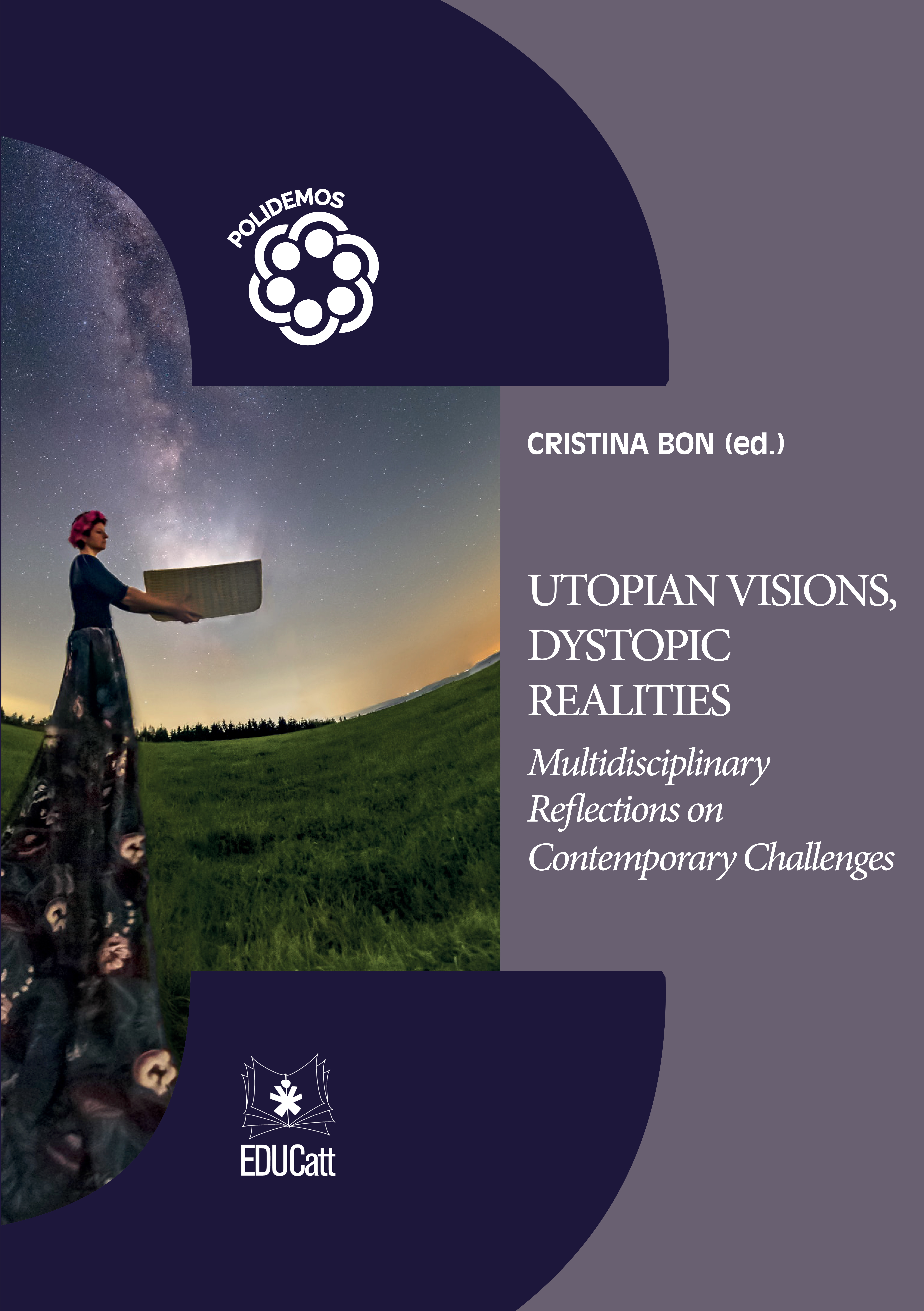Volume 7 | 2023
Utopian visions, dystopic realities
Multidisciplinary reflections on contemporary challenges
The crisis of globalisation, the rise of autocratic competitors to the liberal-democratic model, the return of symmetric warfare on European soil, the problem of energy resources and global disparities in accessing them, the consequences of the Anthropocene on the lives of millions of people around the World, are just some of the problematic issues that new generations of scholars and academics are called to answer in the next decades. This impressive conjuncture of critical phenomena reveals the exhaustion of an entire mindset, which belongs to the Twentieth Century and, in particular, to the illusion that the History was over, together with some of the most harmful Nineteenth Century’s legacies: industrial pollution, economic and social inequalities, radical nationalism and imperialism.

In other words, it looks like the Utopian visions of the past – and especially the ones related with the Western liberal thought – have come to terms with their limitis which, in their turns, have produced a series of dystopic effects in the real World. Given this general picture, it is not so surprising to note a revival of dystopian narratives in literature, tv series, film-making and a variety of other cultural products. Placed within a broader interdisciplinary research project focused on the penetration of dystopian narratives in the Twenty-First century’s collective imagery (as well as the analysis of the political role played by dystopias in present times) this collective work brings together the thoughts of seven young doctoral students, who read some of the most crucial issues of our times through the lenses of utopia and dystopia, as well as by different disciplinary perspectives. From the challenges related to the natural resources management and the energy transition to the rise of alterative political models to the Western liberal-democracy, each essay accounts for the long term impact of utopian theories and ideas over time and their eventual dystopic effects.
Download the ebook in PDF format by clicking the button:
